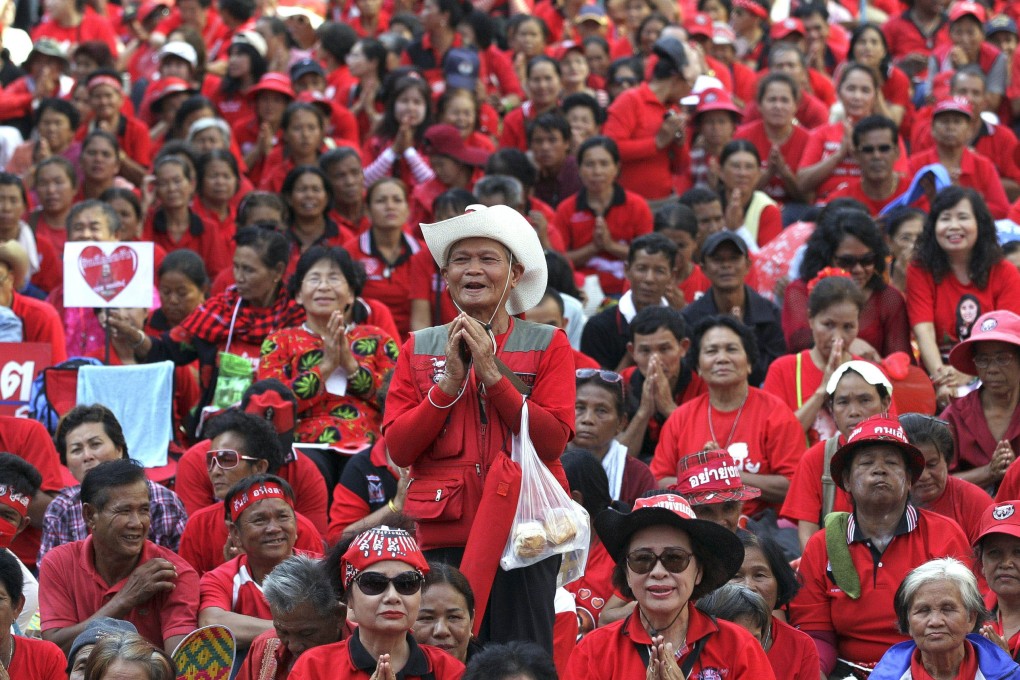Middle class and frustrated in Asia? Populist politicians are seeking you out in 2019
- Thailand, Indonesia, India and Australia go to the polls in 2019 amid a democratic recession and the lure of populist promises
- But harnessing people power to sweep aside democratic checks and balances is not without its consequences

When he opened his hawker stall 15 years ago, Singaporean Jaesen Ng hoped the man he named it after would drop by some day.
Three weeks ago, Thaksin Beef Noodle stall finally entertained its namesake, Thailand’s former prime minister Thaksin Shinawatra. He came for lunch with his sister, Yingluck, also a former premier, and his daughter Ing, and tucked into the signature dish at the shop in a southern part of the Lion City.
“I told him, ‘What took you so long?’,” recalls Ng, 64, who worked in Bangkok for a spell in the late 1980s – and believes Thaksin was Thailand’s best prime minister. “He did everything for the people. He modelled so many things after Singapore, but did it even better in some cases.”
A policeman turned multibillionaire businessman, Thaksin challenged the Bangkok political elite with his brash style and his direct appeals to the rural poor. He won a sweeping victory in 2001 on a platform to alleviate poverty, including a debt moratorium for farmers and special help for Thai villagers. He promised universal health care with his famous 30 baht fee (92 US cents) for all health care needs – even a heart bypass operation.
Thaksin was ousted in 2006 and has been living in exile in Dubai. He unleashed a popular movement, the so-called red shirts, whose confrontations with the opposing camp, the yellow shirts, spilled over into protracted violence.
Yingluck fled her country last year to escape jail time for criminal charges she said were trumped up. Thaksin’s name will not be on the ballot when Thailand holds elections, supposedly on March 24, but for which no formal announcement has been made. Still, whatever the date, Thaksin will be there in spirit.
Ng proudly showed Thaksin a party button he had brought back as a souvenir after attending the launch of the pro-Thaksin Thai Raksa Chart Party in December. Raksa Chart is one of three new backup parties, in case the authorities succeed in dissolving the popular Puea Thai party, with antecedents in Thaksin’s own party and run by his allies and relatives.
